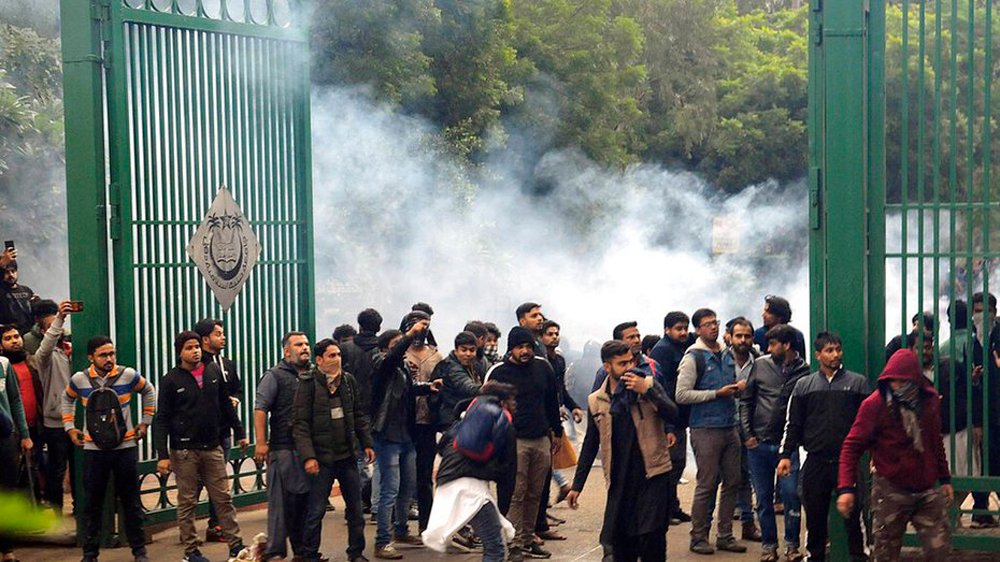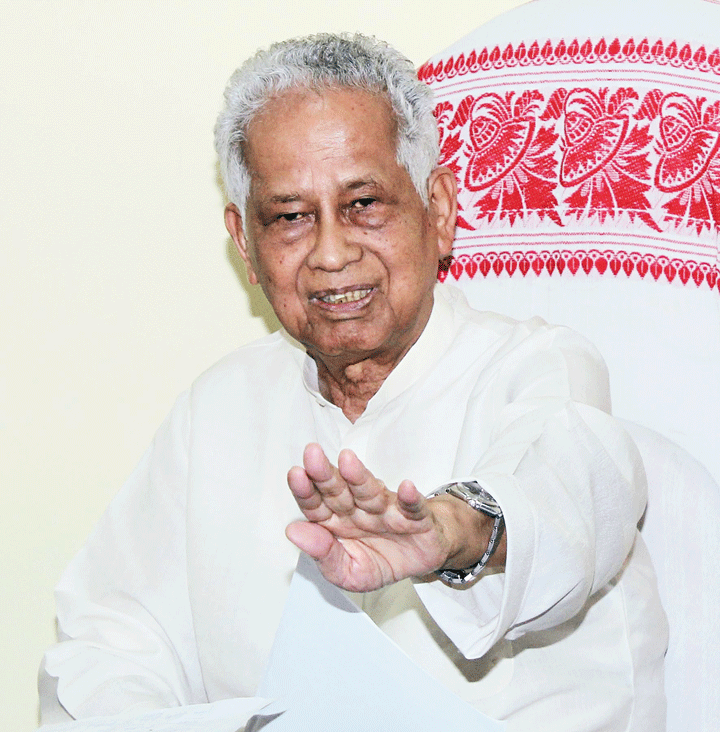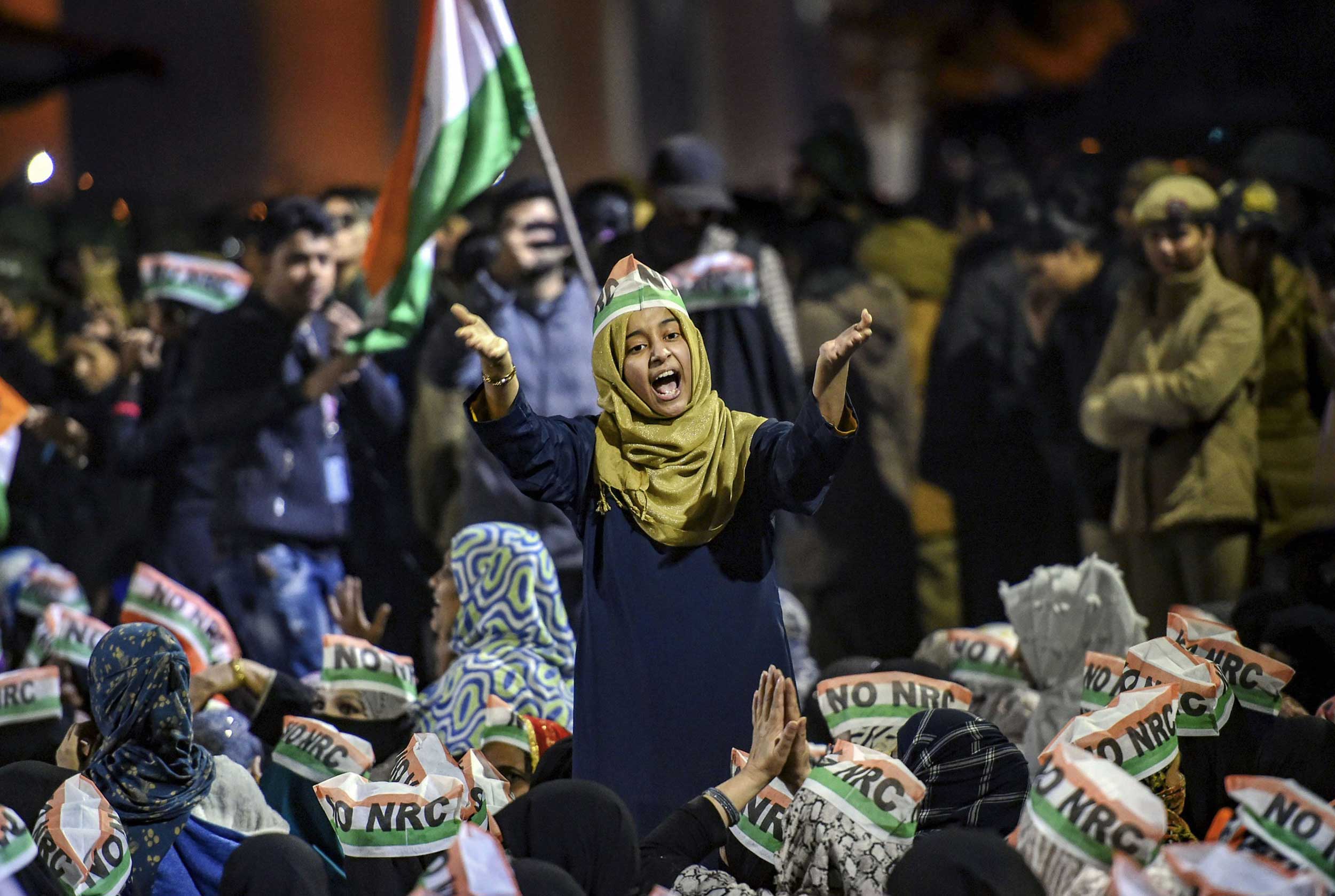A global pandemic is no reason to stop arresting young people who protested against the Citizenship (Amendment) Act and the National Register of Citizens. The two latest arrests are of Devangana Kalita and Natasha Narwal, students in the MPhil and PhD programmes of Jawaharlal Nehru University and members of Pinjra Tod, an organization of women students. Ms Kalita and Ms Narwal had been among the organizers of an anti-CAA protest in Jaffrabad in February. This was followed by the pro-CAA rally by the Bharatiya Janata Party leader, Kapil Mishra — and violence broke out in northeast Delhi the next day. As a statement from the university’s teachers points out, no one seen to be spewing hatred on videos has been arrested. Yet student arrests continue, both from Jamia Millia Islamia and JNU. The State’s intention — the police in Delhi report to the Union home ministry — is laid bare for all to see. When the Jaffrabad police arrested the two students, a Delhi court gave them bail, saying that the charge under Section 353 of the Indian Penal Code — assault or criminal force to deter a public servant from discharge of his duty — was “not maintainable”. The court made the point that they were merely protesting against the NRC and the CAA. Immediately after, however, the special investigation team of the crime branch arrested them again under charges of murder, attempted murder, rioting and criminal conspiracy and asked for their police custody for 14 days. Even then, the court has remanded them to two days’ custody.
The State’s bare-faced determination is ominous. The Delhi court’s insistence in this case has made little difference: the police merely changed the charges. This “witch-hunt” — that is what the JNU teachers call it — is a direct attack on democratic principles. Those treated like criminals are the ones who democratically opposed the government’s policies; the State’s action against them is no less violent in effect than that unleashed in northeast Delhi. Such moves are also assaults against lawfulness — the trappings and edifices of law are just being used as a veneer for the attack on democracy. It is a bleak time, but like the pandemic, it will pass — if the people and the courts fight together to protect the country’s founding principles.



